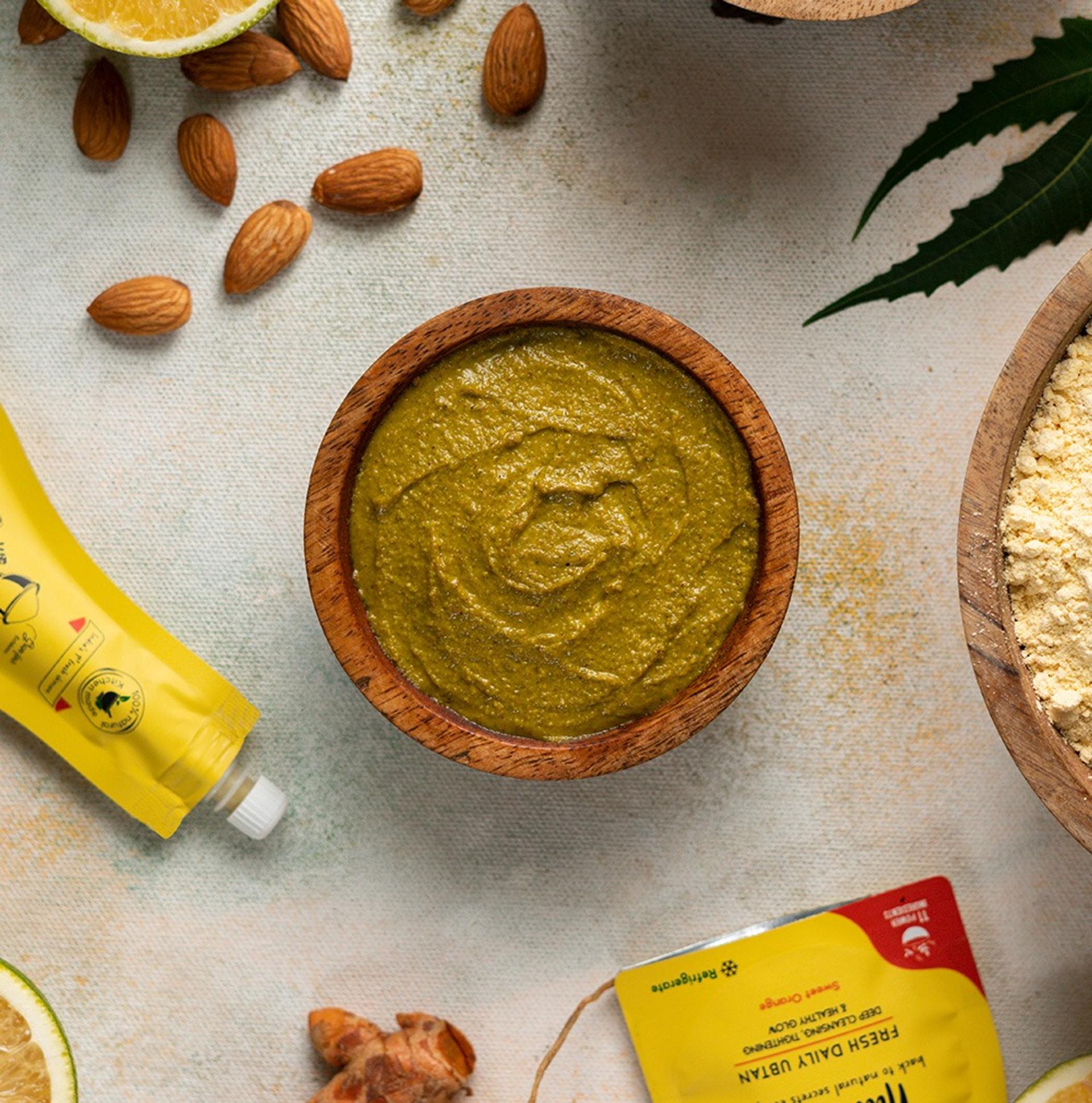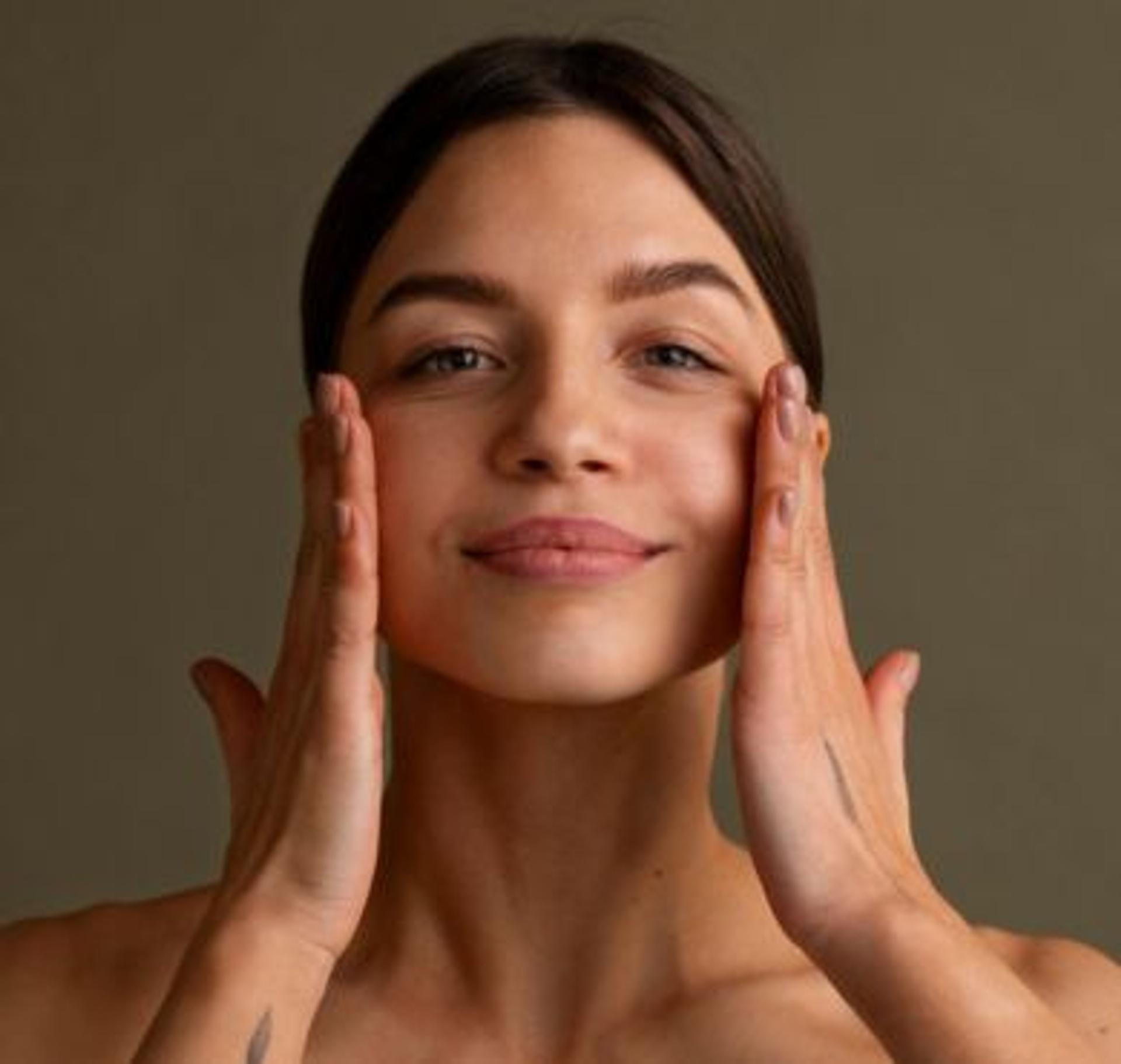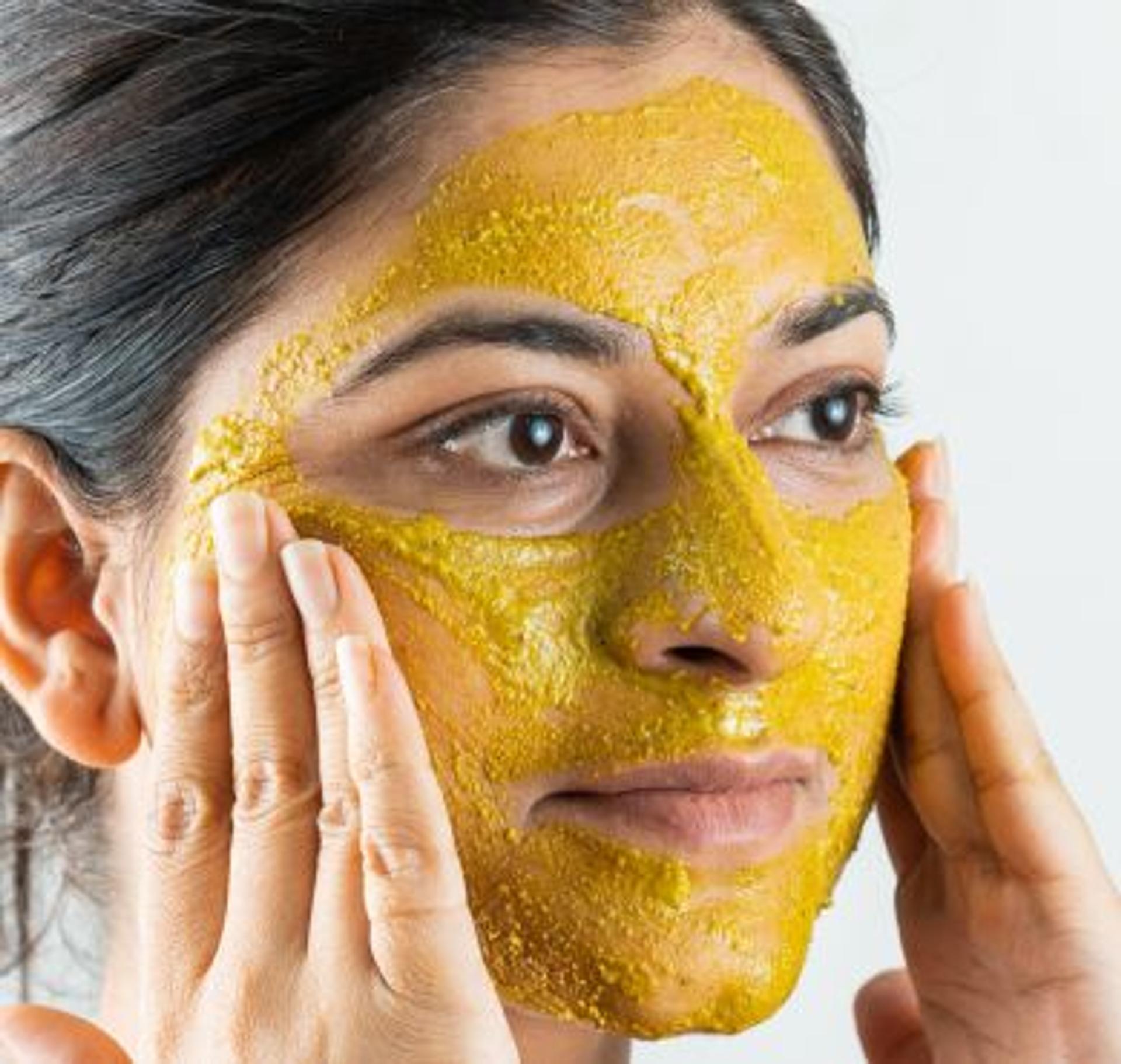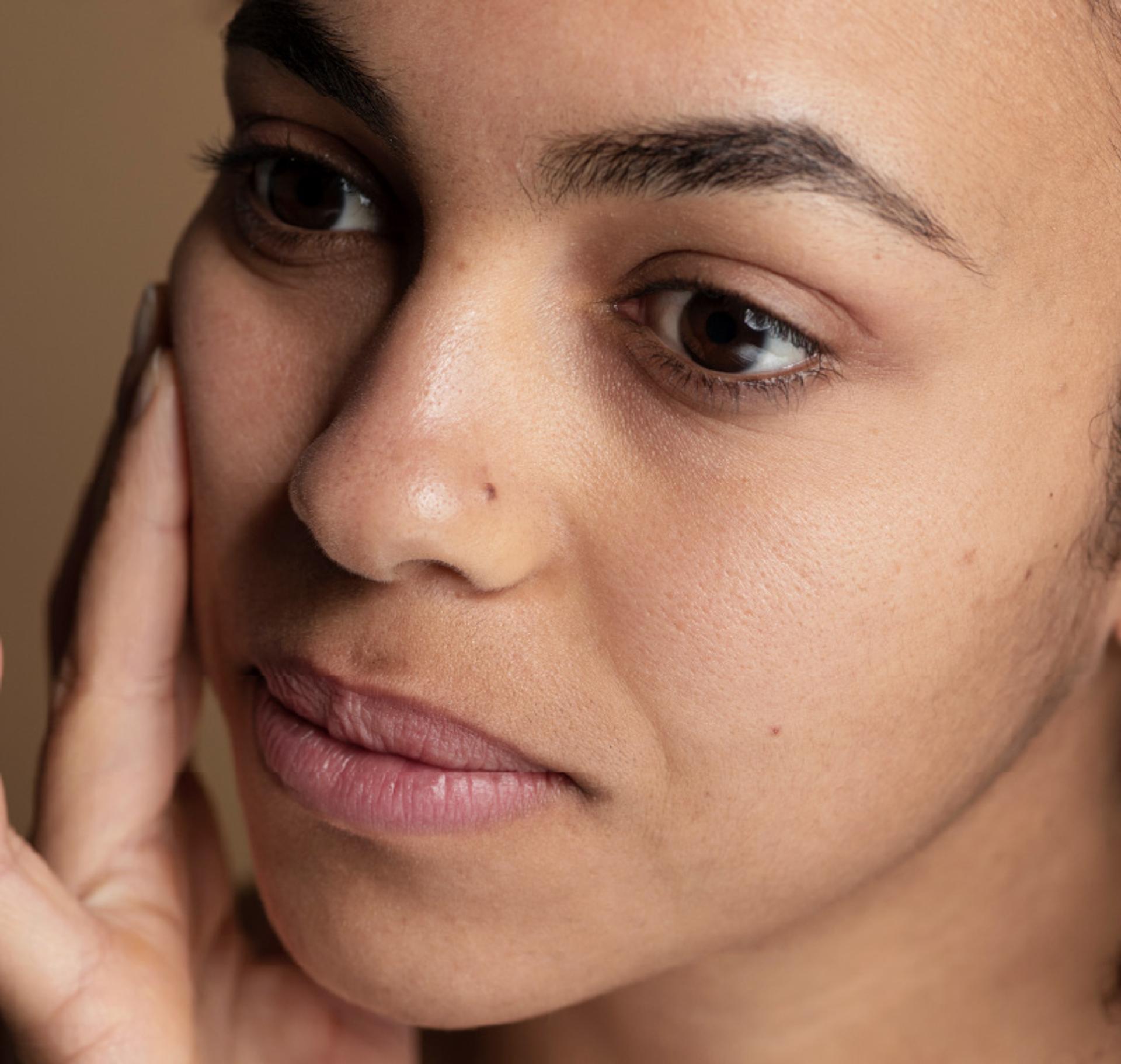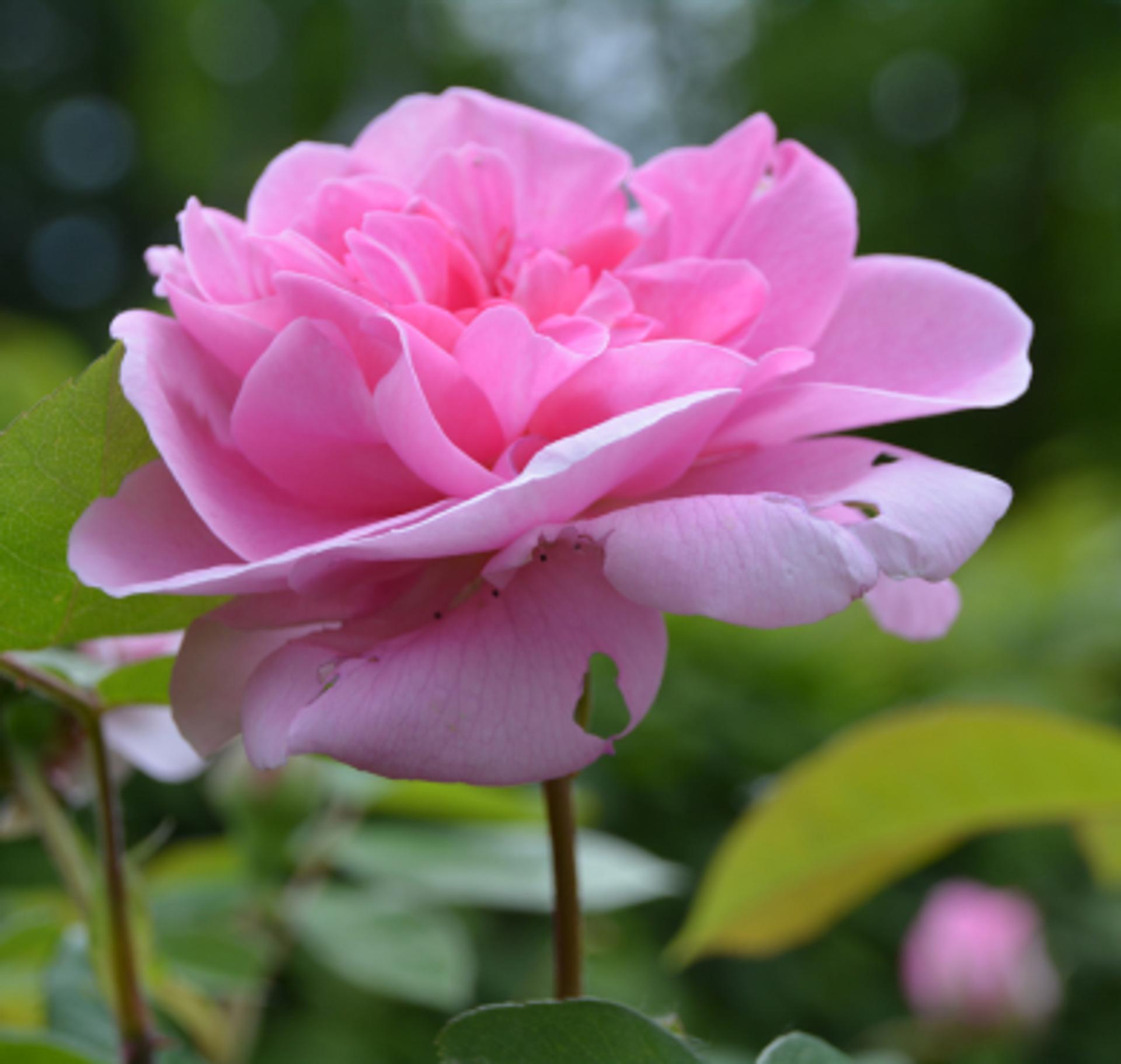
Rose Rewritten: From Romance to Rasayana, From Scent to Cell
By Nat Habit
She’s been written into every love letter, wedding ritual, and grandmother’s rosewater spritz.
But this isn’t just the flower of romance — it’s the original botanical chemist, cloaked in softness, yet working with molecular precision.
The rose doesn’t just look tender. It makes your skin behave tenderly.
Softening keratin, calming inflammation, balancing oil, sealing in hydration — all with the quiet power of a thousand layered petals.
For centuries, Rosa damascena has stood at the intersection of poetry and pharmacology — and now, modern science is unfolding every petal to prove what Ayurveda and Unani systems always knew:
This flower is more than fragrance. It’s a bioactive treatment for skin, scalp, gut and nervous system health.
A Flower of Fire & Balance
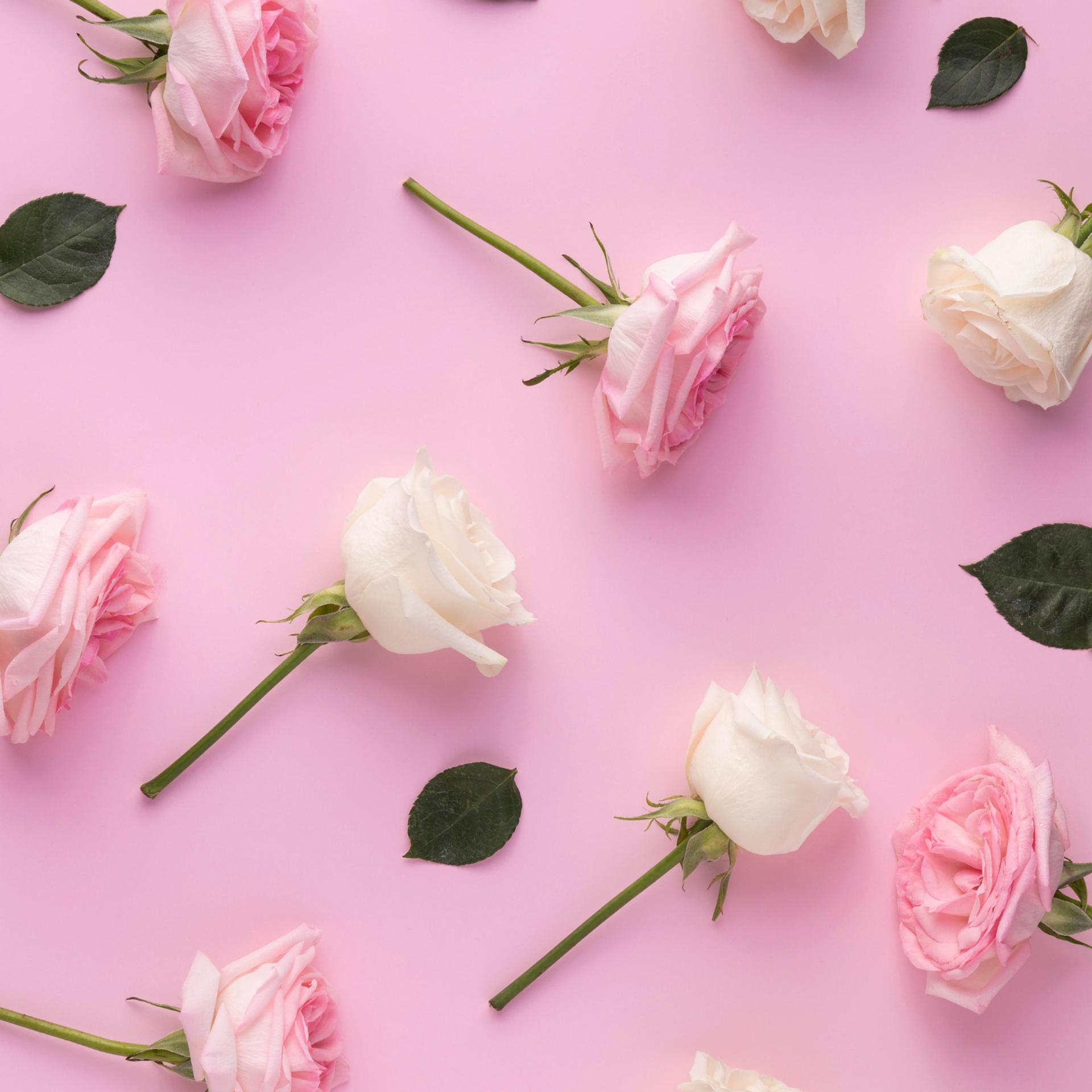
In Ayurveda, rose is considered a pitta-pacifying flower — sheeta virya (cooling in nature), with madhura (sweet) and kashaya (astringent) tastes. It calms internal heat, soothes inflamed skin, strengthens the heart, cools the digestive tract, and stabilizes emotional fire.
Traditionally used in lepas (face packs), gulab arka (rose distillates), medicated ghee, and infused oils, rose is part of rasayana therapy — promoting longevity, cellular regeneration, and inner calm.
The Biochemistry of Rose
Soft Scent, Strong Science
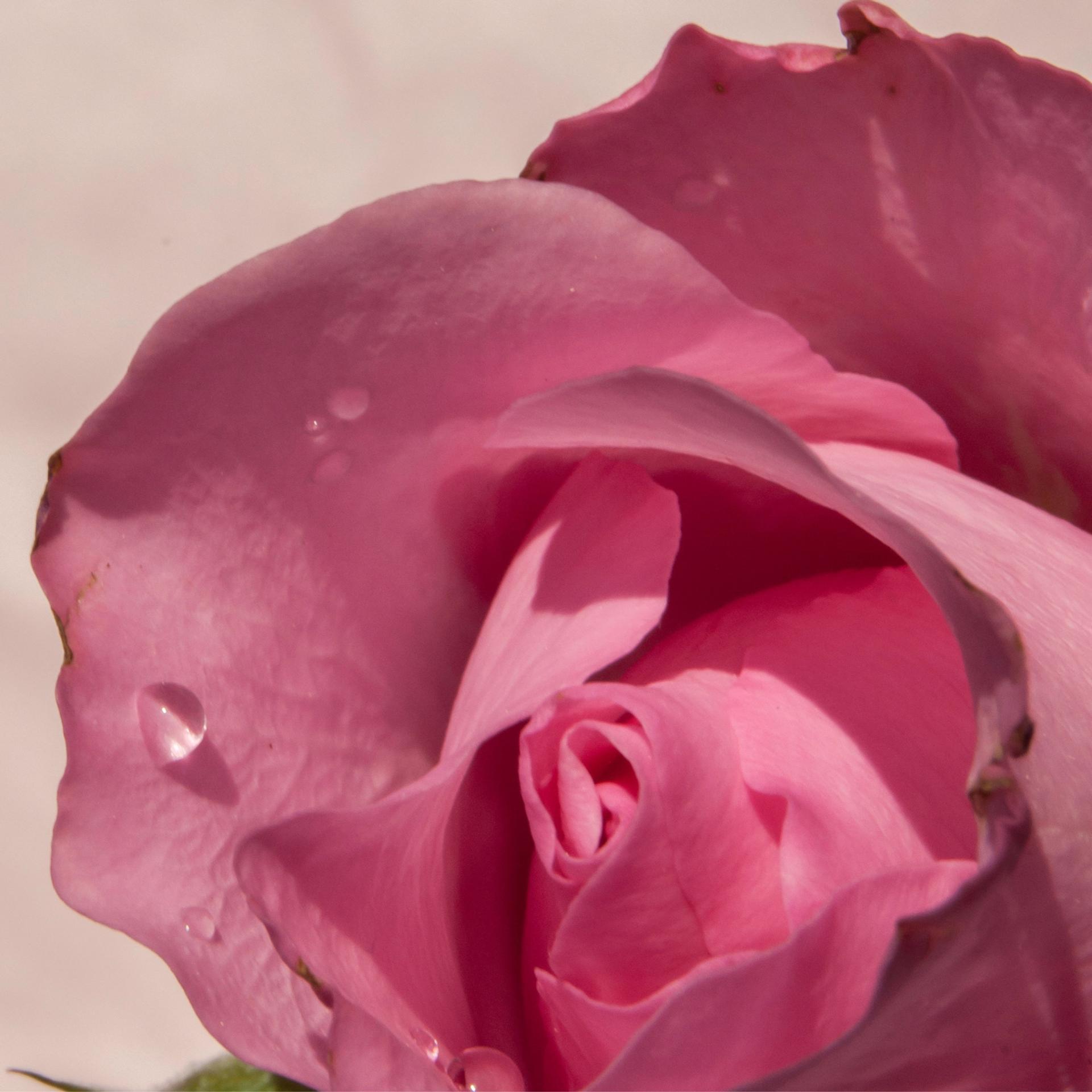
Rose is pharmacologically dense. Its petals and essential oil contain over 300 bioactive molecules, including:
Phenylethyl Alcohol (PEA)
- The compound behind rose’s signature aroma
- Has mood-elevating, anti-anxiety effects via olfactory-limbic connection
- Offers mild antimicrobial properties for acne-prone skin
Flavonoids (Kaempferol, Quercetin, Rutin)
- Powerfully anti-inflammatory and capillary-strengthening
- Reduce oxidative stress, calm redness, and improve microcirculation
- Quercetin reduces histamine response in reactive or eczema-prone skin
Tannins
- Offer gentle astringency, reducing pore visibility, oiliness, and puffiness
- Strengthen vascular tone — reducing under-eye swelling and sensitivity
Geraniol, Nerol, Citronellol (Volatile Oils)
- Together provide antibacterial, antifungal, and skin-calming actions
- These act as natural preservatives and barrier-protective agents in skincare
Vitamin C (Ascorbic Acid) + Anthocyanins
- Support collagen synthesis
- Brighten pigmentation and even out sun-exposed, blotchy skin
- Offer photo-protection against UV-induced oxidative aging
Rose for Skin
The Cellular Comforter
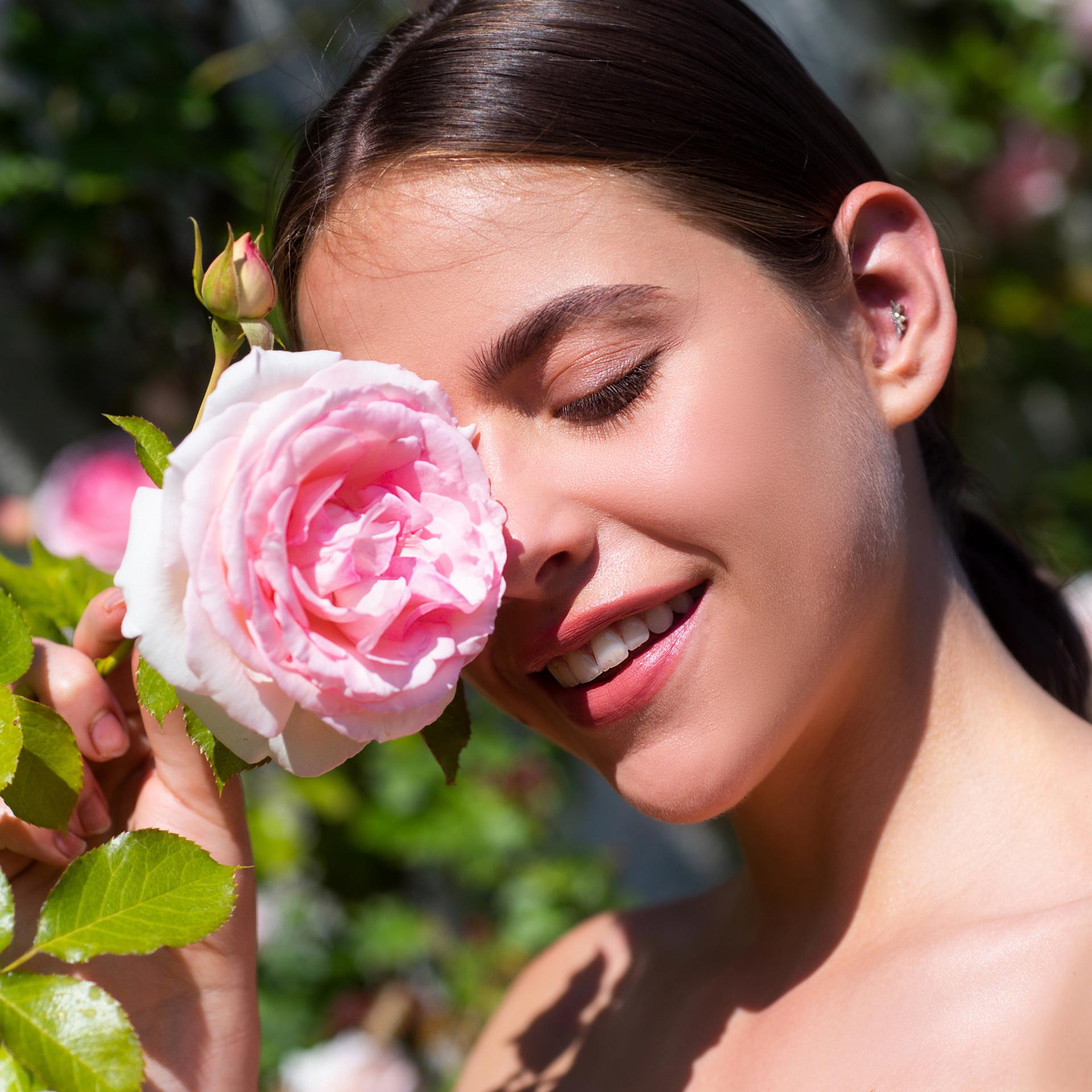
If your skin is stressed, dehydrated, overheated, sensitive, or inflamed — rose doesn’t fight, it soothes. It nudges the skin back into balance using barrier-enhancing, anti-inflammatory, and sensory-calming actions.
Cools Inflamed or Overheated Skin
From sunburns to rosacea, rose’s flavonoids and essential oils reduce inflammatory mediators like COX-2, histamine, and TNF-α, gently calming redness, stinging, and burning sensations.
Hydrates While Strengthening the Barrier
Rosewater isn’t just water. Its polysaccharide-rich hydrosol enhances skin’s natural moisture factor (NMF), while its tannins reinforce tight junctions, reducing transepidermal water loss — making it ideal for dry, compromised, or mature skin.
Tightens Pores, Balances Sebum
Its natural astringency refines pores without stripping. Unlike alcohol-based toners, rose balances oil via hormonal and vascular modulation, not dehydration — making it ideal for combination, acne-prone, and oily skin types.
Fades Pigmentation & Improves Tone
Rose petal extracts are rich in vitamin C and anthocyanins, which:
- Inhibit tyrosinase, reducing melanin production
- Accelerate post-acne scar fading
- Brighten overall tone over time
Calms Skin-Brain Connection
The scent of rose impacts the limbic system, reducing stress-induced cortisol spikes that worsen acne, dullness, and inflammation. A true example of psychodermatology in action.
Rose for Scalp & Hair
Cooling, Conditioning & Microbiome-Friendly
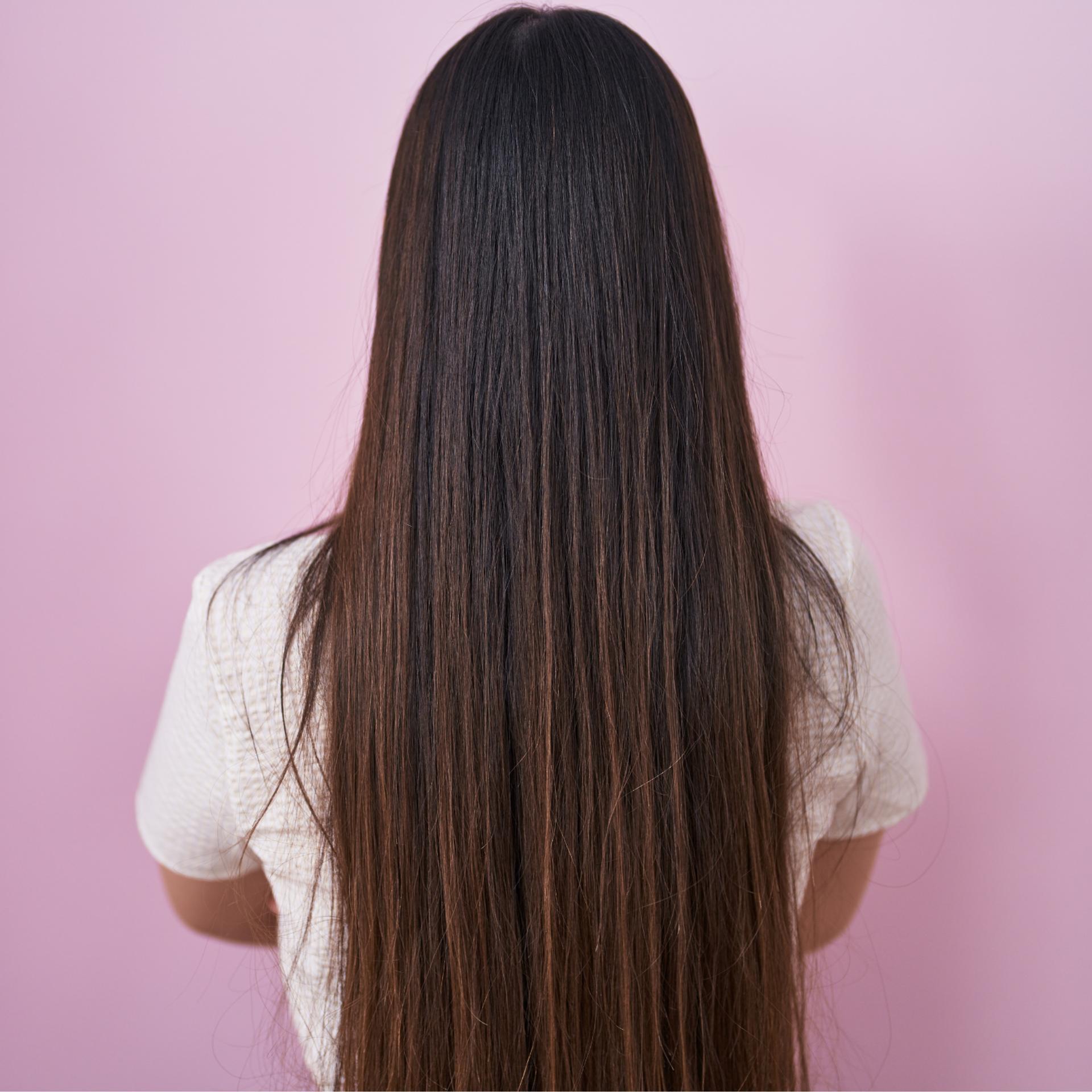
Cools Inflammation & Itch
Rose oil’s anti-inflammatory actions help reduce scalp irritation, heat-triggered itch, and conditions like seborrheic dermatitis or mild eczema.
Strengthens Follicles
Flavonoids enhance microvascular blood flow, delivering more oxygen and nutrients to follicles, helping reduce stress-induced hair fall.
Adds Shine & Smoothness
When used as a rinse or in oil infusions, rose smooths the hair cuticle, seals moisture, and adds a soft, light-reflective shine — especially when paired with hibiscus or amla.
How to Use Rose
Activation Methods & Safety
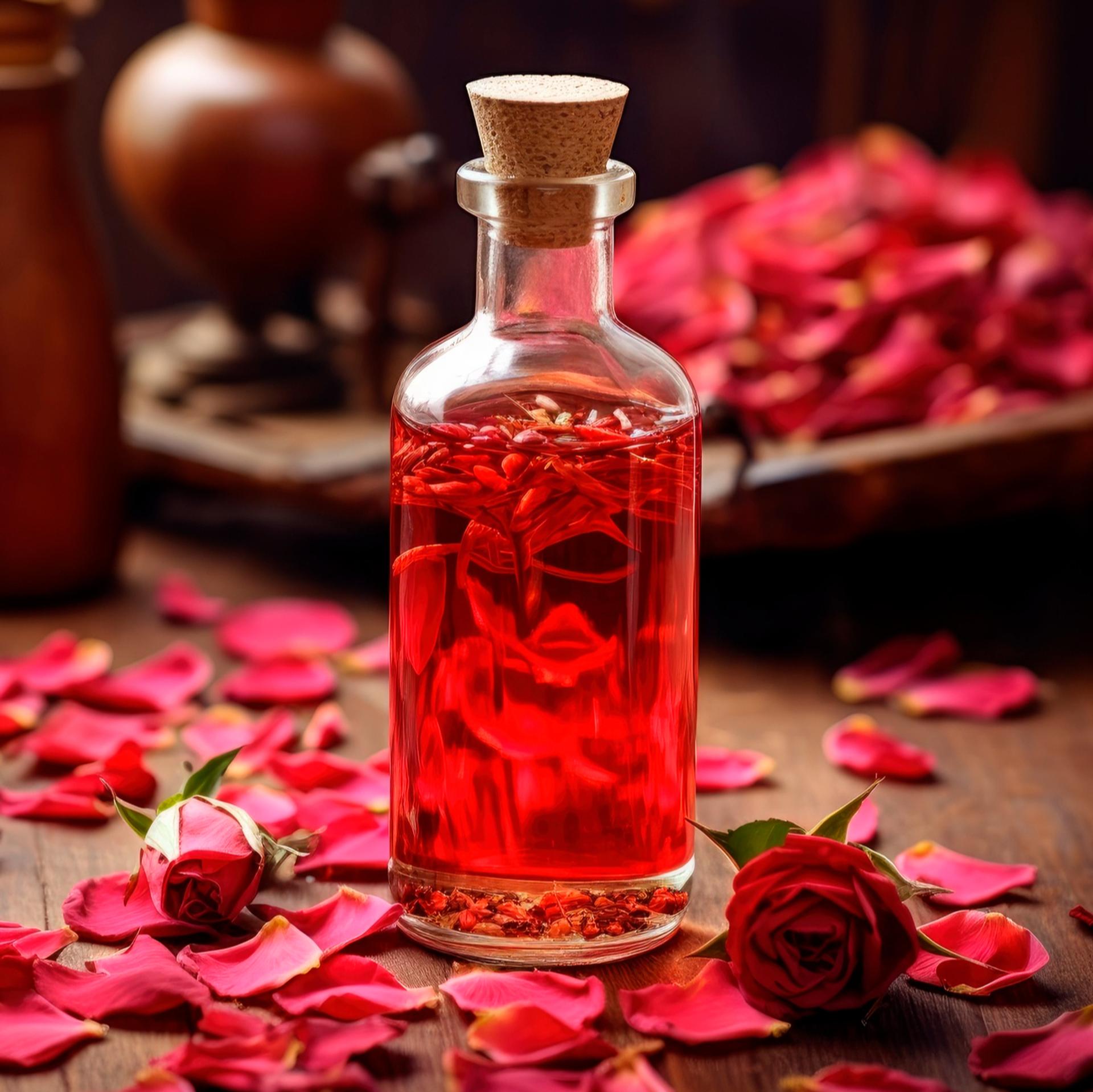
Topical
- Rosewater Mist: A hydrating toner that cools, balances, and preps the skin post-cleansing.
- Rose Petal Paste: Mix dried petals with honey or milk for a classic lepa.
- Rose-Infused Oil: Soothes scalp, calms reactive skin, nourishes overnight.
Internal
- Gulkand (rose petal preserve): Cools internal heat, supports gut-skin axis, reduces acid reflux.
- Rose Tea: Mild laxative, digestive aid, and mood stabilizer — especially for pitta types.
- Rosewater in Summer Drinks: Infuse sherbets, coconut water, or buttermilk for internal cooling.
Always choose steam-distilled, food-grade rosewater and cold-infused oils. Synthetic rose fragrance can cause irritation or allergies.
Seasonal Intelligence
Rose Is a Summer & Stress Ritual
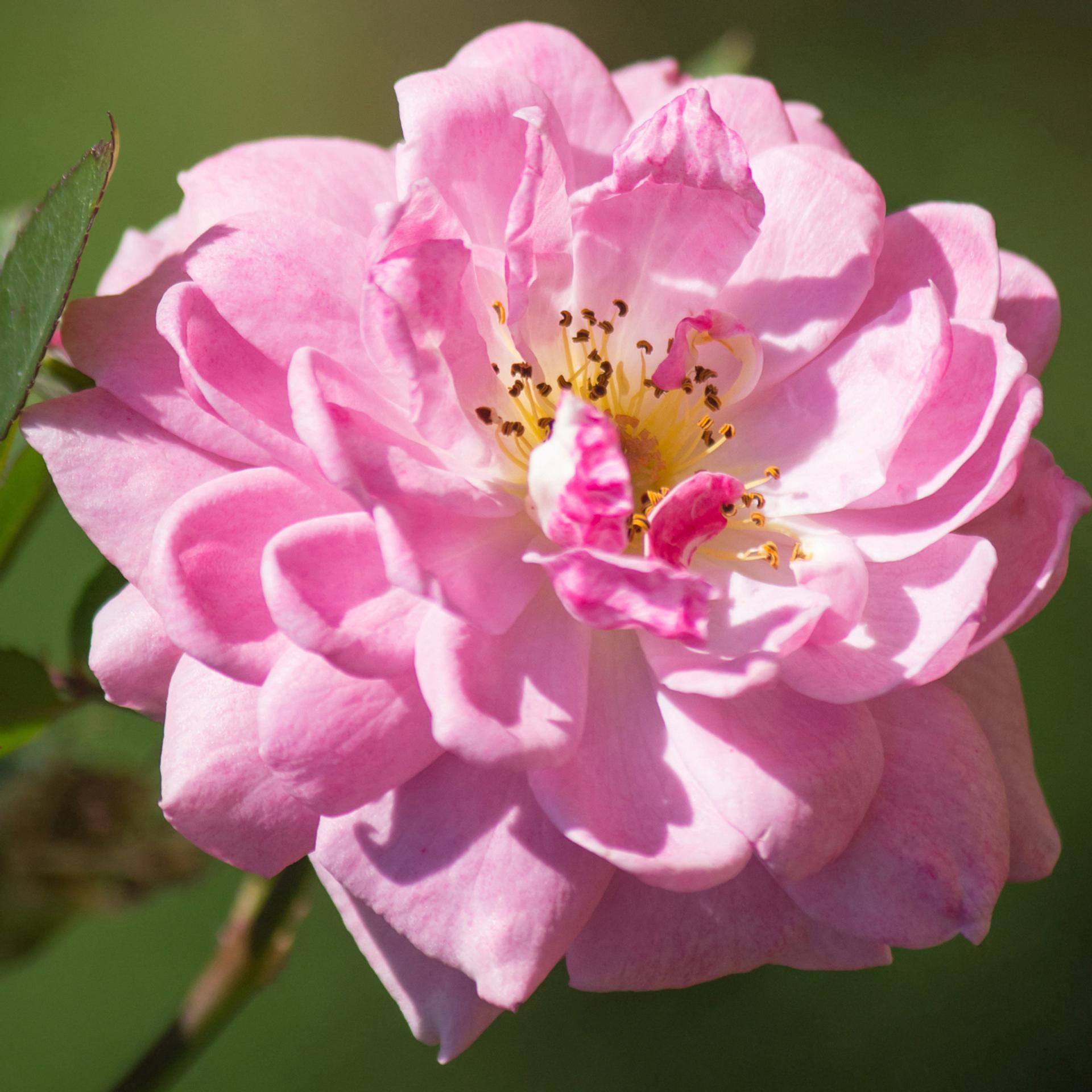
- Summer & Spring: Ideal for cooling, calming, and rehydrating — both topically and internally.
- Autumn: Use internally to pacify pitta and mentally ground during vata shifts.
- Winter: Combine with warming herbs like saffron or cinnamon to prevent excess cooling.
Ayurvedic Insight
Rose as a Rasayana for Body, Skin & Senses
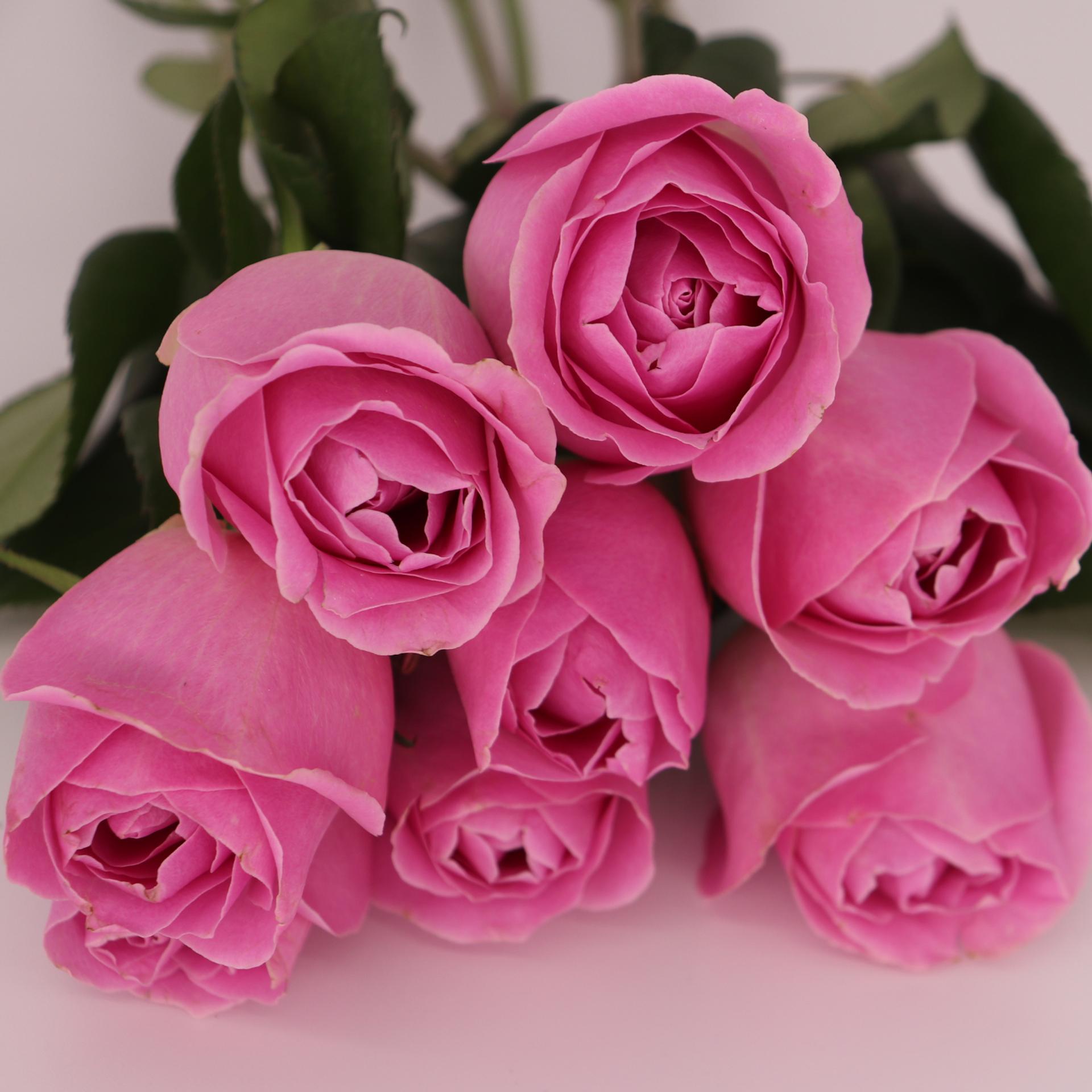
- Rasa (Taste): Madhura (sweet), Kashaya (astringent)
- Virya (Potency): Sheeta (cooling)
- Dosha Action: Balances Pitta and Vata, mildly increases Kapha)
- Used in hridya dravyas (heart tonics), medhya rasayanas (mental rejuvenators), and twachya herbs (skin nourishers)
Rose isn’t just for beauty. In Ayurveda, it builds ojas — the subtle essence of immunity, radiance, and longevity.
The Final Petal
Where Romance Meets Regeneration
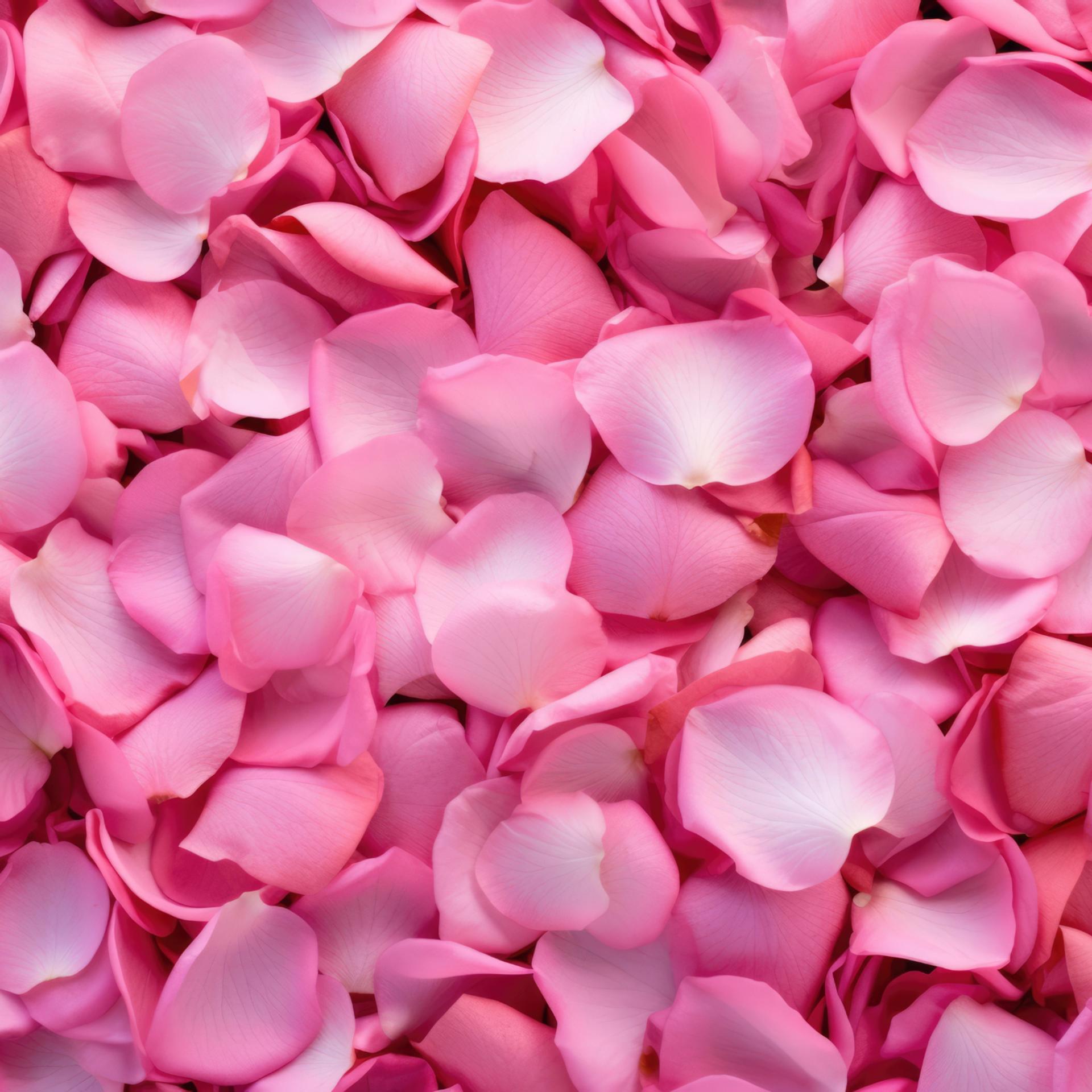
Yes, she’s the flower of poets. But she’s also the flower of plasma membranes, capillaries, collagen, and cortisol.
Rose doesn’t just look like softness — it biologically creates it.
From cooling overheated skin to calming nervous overdrive, rose works on multiple levels of body and mind — all without force. Just quiet, layered strength.
So don’t reduce rose to “just fragrance.”
She’s the scientist among flowers. The rasayana in bloom. The bioactive of beauty.
Learn more
